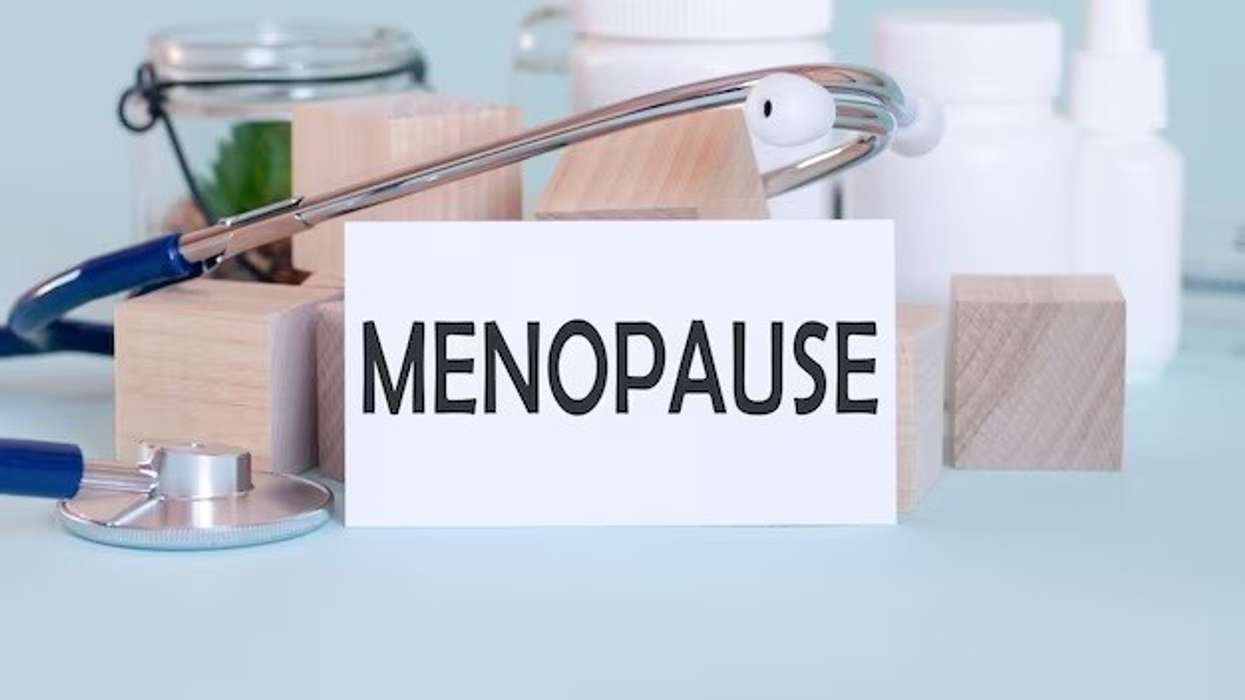Medicines and Healthcare products Regulatory Agency (MHRA) has reminded healthcare professionals that use of systemic (oral and injectable) Non-steroidal anti-inflammatory drugs (NSAIDs) such as ibuprofen, naproxen, and diclofenac is contraindicated in the last trimester of pregnancy (after 28 weeks of pregnancy).
It has advised that patients who are unsure whether pain relief medicine they are taking is an anti-inflammatory (NSAID), to speak to doctor, midwife, or pharmacist.
Some non-prescription pain relief medicines may contain more than one active drug, therefore it is important to read the box or the leaflet provided with the medicine to see if it contains an NSAID like ibuprofen.
The use of any non-prescription medicine for the management of pain during pregnancy should be for the shortest possible time at the lowest possible dose, suggested MHRA.
A review of data from a 2022 study has identified that prolonged use of NSAIDs from week 20 of pregnancy onwards may be associated with an increased risk of oligohydramnios (low levels of amniotic fluid surrounding the baby) and fetal renal dysfunction.
Some cases of constriction of the ductus arteriosus (narrowing of a connecting blood vessel in the baby’s heart) have also been identified at this early stage.
MHRA suggested : "If, following consultation between the patient and a healthcare professional, use of a systemic NSAID after week 20 of pregnancy is considered necessary, it should be prescribed for the lowest dose for the shortest time and additional neonatal monitoring considered if used for longer than several days."











